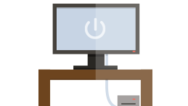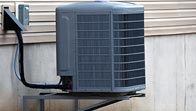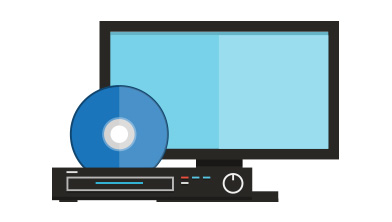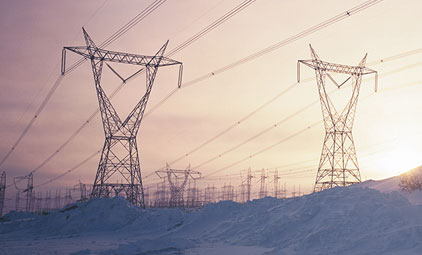Tips and how-tos – Eliminate waste at work
Developing good energy consumption habits, both at home and in the workplace, is essential for the preservation of resources. For the well-being of all, and to leave future generations with a healthy planet, we must do our part to eliminate waste right away!
Discover simple tips you can use regardless of your job or profession.


How to optimally use electronics at work
- Put your computer in standby (or sleep) mode during periods of inactivity (lunch, coffee breaks, meetings, etc.) and you’ll be helping save energy.
- Turn off your electronics at night; they consume electricity even on standby.
- Adjust your computer’s settings so that it automatically reduces its power consumption or goes into standby during periods of inactivity. Consider decreasing the delay before standby mode is activated.
- Turn off your screens even if you leave your workspace for just a few minutes.
- Do not activate the standby screen if you have an LCD (liquid crystal display) screen since this will not interrupt power consumption.
- A printer is one of the most energy-hungry devices; only turn it on right before you use it.
- Eliminate phantom power by unplugging small electric devices.
- Unplug your electric chargers for small electronics as soon as your devices are charged.
- A charger consumes energy even if no device is being charged.
Green at work, green at home!
- When leaving a room, get used to always turning off the light.
- When leaving for a meeting or for the evening, turn off your desk lamps.
- Make sure to turn off faucets completely (kitchen, bathroom, etc.).
- Did you know? A hot-water faucet that leaks at a rate of one drop per second wastes 27 litres of hot water per day. That’s 20,000 500-mL bottles of water a year.
- Turn off the heating element in the water dispenser if this feature is rarely used.
- Turn off the ice dispenser option in the fridge if this feature is rarely used.

Savings in the air!
- If you can, decrease the heating at your workplace by one degree.
- For optimized heating, prevent cold air from entering the room through windows by closing the curtains or blinds during winter evenings.
- In summer, close the curtains or blinds during the day to limit air-conditioning needs (blocking the sun’s rays keeps rooms cooler).
- Make sure air vents are not blocked by papers, files, or office accessories. Did you know that getting air to flow through vents that are partially blocked consumes 25% more energy.



